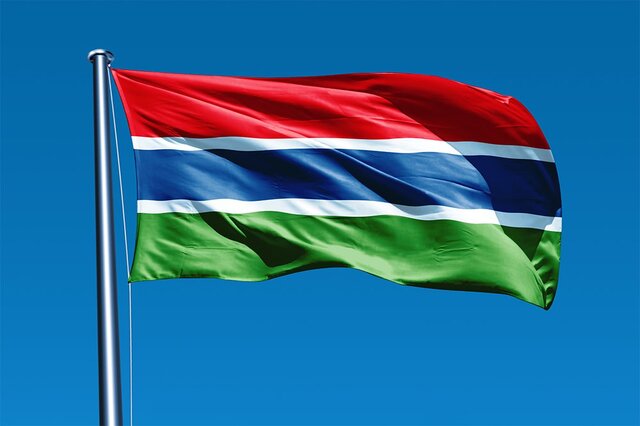Banjul – The Gambia will hold its next presidential election on December 5, 2026, officials announced on Thursday, as President Adama Barrow’s bid for a third term elicits mounting criticism.
Barrow surprised Gambians earlier this year when he said he would seek a third term in office.
The move is allowed under the tiny west African country’s 1997 constitution but had not originally been expected of him.
After Barrow was elected in 2016, it was widely believed The Gambia would finally get a new constitution with presidential term limits.
However lawmakers allied to Barrow rejected a draft constitution in 2020 over a retroactive clause imposing two-term presidential limits that would have prevented Barrow from running again.
Four years later, the government drew up a second draft removing the retroactive clause.
But that bill was rejected by lawmakers in July.
Barrow’s decision to run for a third term under the banner of his National People’s Party has caused criticism inside and outside the country.
The Gambia’s largest political party, the United Democratic Party, last month unveiled veteran politician Ousainou Darboe as its flagbearer for the presidential election.
Sawo and Kebe Announce 2026 Presidential Bid, Ushering in Gambia’s “Golden Era”
In a historic move, Saikou Sawo and Nenneh Cheyassin Kebe have officially declared their candidacy for the 2026 Gambian Presidential Elections under the Golden Era Party (GEP). Promising a nation… pic.twitter.com/M10mhP7tPp
— The Alkamba Times (@TheAlkambaTimes) October 9, 2025
Barrow, however, is widely expected to win the 2026 vote at this stage, as the opposition has yet to pull together a winning coalition.
Joseph Colley, chairman of The Gambia’s Independent Electoral Commission (IEC), announced on Thursday the presidential vote would take place on December 5, 2026, and parliamentary elections on April 10, 2027.
He emphasised the IEC’s commitment to “transparency, inclusion and adherence to electoral laws” and urged political groups to comply with registration requirements.
The December 5 date is standard for the country’s electoral calendar under its current constitution.
That constitution, dating from 1997, had enabled then ruler Yahya Jammeh to consolidate the dictatorial hold on power he had held since a coup in 1994.
Jammeh’s two decades in power were marked by significant rights abuses and the earmarking of state funds for the eccentric former leader’s personal use, the current government and rights groups say.
He fled the country in 2017 for Equatorial Guinea after losing the election to Barrow, a relative unknown at the time, and finally conceded and handed over power.
Follow African Insider on Facebook, X and Instagram
Picture: X/@muhammedmuctarr
For more African news, visit Africaninsider.com
Source: AFP



